History is never antiquated, because humanity is always fundamentally the same
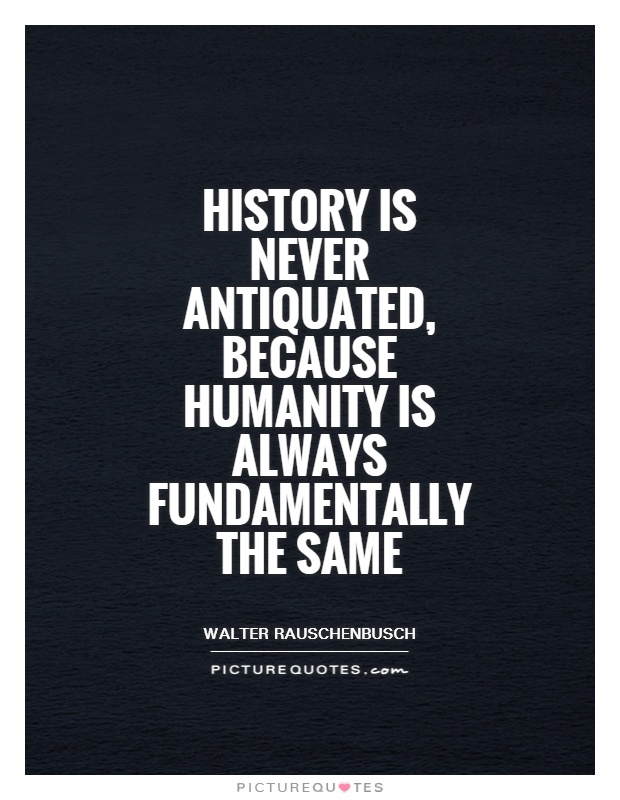
History is never antiquated, because humanity is always fundamentally the same
Walter Rauschenbusch was a prominent theologian and social reformer in the late 19th and early 20th centuries. He is often referred to as the father of the Social Gospel movement, which sought to apply Christian principles to social issues such as poverty, inequality, and injustice. Rauschenbusch believed that history was never antiquated because humanity was always fundamentally the same, and that the lessons of the past could provide valuable insights into addressing the challenges of the present.Rauschenbusch's belief in the enduring nature of human nature was rooted in his understanding of the Christian faith. He saw the teachings of Jesus as timeless truths that could guide individuals and societies in their pursuit of justice and righteousness. Rauschenbusch believed that the struggles of the past were not simply relics of a bygone era, but were instead reflections of the ongoing struggle between good and evil, justice and injustice, love and hate.
Rauschenbusch's own experiences as a pastor in New York City's Hell's Kitchen neighborhood exposed him to the harsh realities of urban poverty and inequality. He witnessed firsthand the suffering of the poor and marginalized, and he was deeply troubled by the indifference of many of his fellow Christians to their plight. Rauschenbusch believed that the teachings of Jesus called for a radical transformation of society, one that would prioritize the needs of the most vulnerable and marginalized members of society.
In his seminal work, "Christianity and the Social Crisis," Rauschenbusch argued that the church had a moral obligation to address the social injustices of its time. He called on Christians to work for the establishment of a more just and equitable society, one that reflected the values of the kingdom of God. Rauschenbusch believed that history was a powerful teacher, and that by studying the past, individuals and societies could learn from the mistakes and successes of those who came before them.
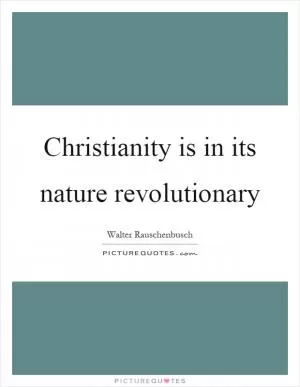
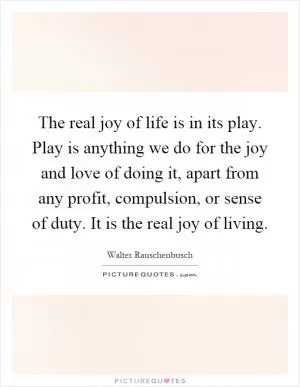
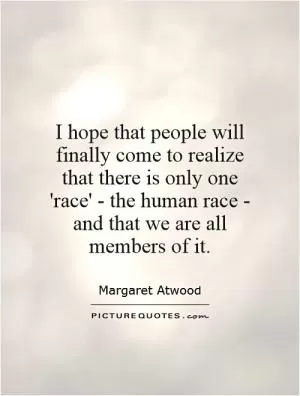
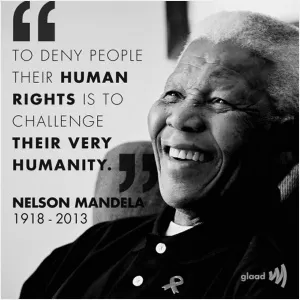
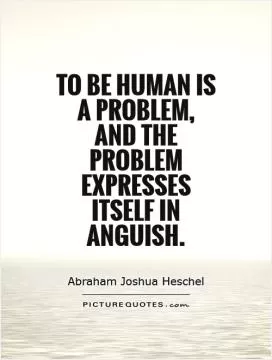
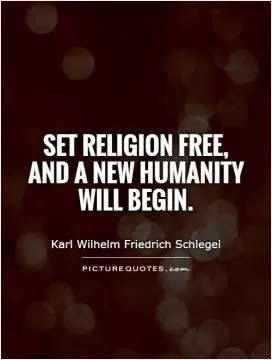
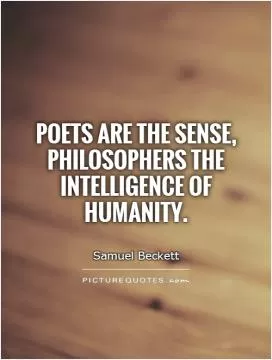

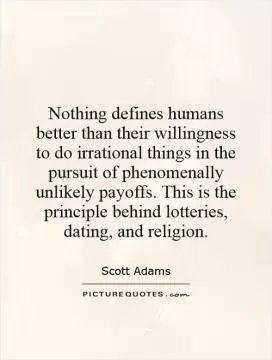

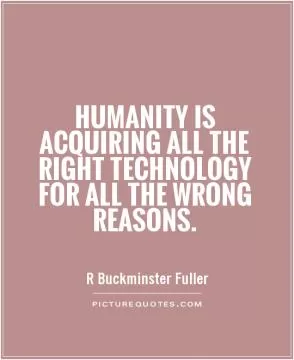

 Friendship Quotes
Friendship Quotes Love Quotes
Love Quotes Life Quotes
Life Quotes Funny Quotes
Funny Quotes Motivational Quotes
Motivational Quotes Inspirational Quotes
Inspirational Quotes